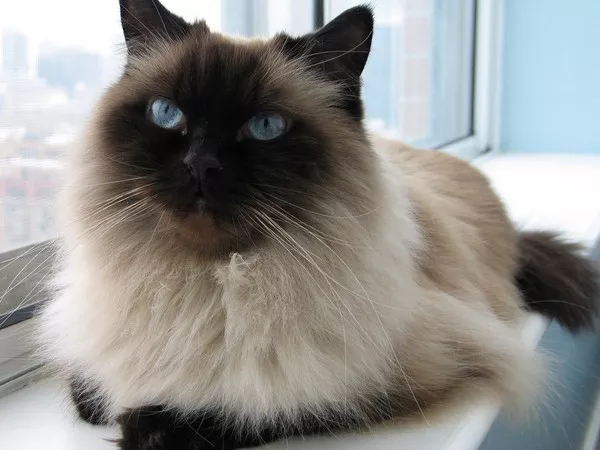As pet owners, we often find ourselves wondering about the foods we can share with our beloved feline companions. Tomatoes, a staple in many households, raise questions about whether they are safe for cats to consume. In this article, we will explore the topic of cats and tomatoes, addressing the potential risks, benefits, and considerations for feeding this juicy fruit to your furry friend. By understanding the implications of introducing tomatoes into your cat‘s diet, you can make informed decisions about their health and well-being.
The Nutritional Profile of Tomatoes
1. Rich in Nutrients
Tomatoes are packed with essential nutrients like vitamins A and C, as well as antioxidants such as lycopene, which has been associated with various health benefits in humans.
2. Cats’ Unique Dietary Needs
Cats have specific dietary requirements that differ from those of humans. Their natural carnivorous diet relies on protein and certain nutrients found in animal-based foods.
Potential Risks of Feeding Tomatoes to Cats
1. Solanine Content
Tomatoes belong to the nightshade family, which contains compounds like solanine and tomatine. These compounds can be toxic to cats, especially in large quantities.
2. Gastrointestinal Upset
The acidic nature of tomatoes can potentially lead to digestive issues in cats, including upset stomach, vomiting, and diarrhea.
3. Allergic Reactions
Just like humans, cats can also develop allergies. Introducing new foods like tomatoes can trigger allergic reactions in some cats, leading to skin issues, itching, or other symptoms.
Parts of the Tomato: Green vs. Ripe
1. Green Tomatoes
Green, unripe tomatoes contain higher levels of solanine and tomatine, making them riskier for cats to consume. It’s best to avoid offering them to your feline companion.
2. Ripe Tomatoes
Ripe, red tomatoes have lower levels of toxic compounds. However, while some cats may tolerate small amounts, it’s essential to monitor for any adverse reactions.
Cooked vs. Raw Tomatoes
1. Cooked Tomatoes
Cooking tomatoes can break down some of the compounds and reduce their levels, making them potentially safer for cats. However, moderation remains crucial.
2. Raw Tomatoes
Raw tomatoes contain higher concentrations of potentially harmful compounds. Feeding small amounts occasionally may be less risky, but it’s still important to be cautious.
Signs of Tomato Toxicity in Cats
1. Symptoms to Watch For
If your cat has ingested tomatoes or parts of tomato plants, watch for symptoms such as vomiting, diarrhea, lethargy, drooling, and changes in behavior.
2. Contact Your Veterinarian
If you suspect tomato toxicity in your cat, it’s crucial to contact your veterinarian immediately. Prompt medical attention can prevent potential complications.
Safe Alternatives and Treats for Cats
1. Cat-Safe Treats
Opt for cat-specific treats and snacks that are formulated to meet your feline friend’s nutritional needs and preferences.
2. Consult Your Veterinarian
Consulting your veterinarian about suitable treats and occasional indulgences for your cat can help ensure their well-being and happiness.
Expert Insights
1. Expert Opinion
Dr. Sarah Johnson, a licensed veterinarian, advises, “While some cats may tolerate small amounts of ripe, cooked tomatoes without issue, it’s best to err on the side of caution. Tomatoes are not a necessary part of a cat’s diet, and there are safer ways to provide them with the nutrients they need.”
2. Balanced Diet
Maintaining a balanced and nutritionally complete diet that aligns with your cat’s natural dietary needs is essential for their overall health.
Conclusion
In conclusion, while tomatoes are a common kitchen ingredient, their suitability for cats is a matter of careful consideration. The risks associated with the compounds found in tomatoes, coupled with cats’ unique dietary requirements, suggest that feeding tomatoes to cats should be approached with caution. If you’re curious about introducing new foods into your cat’s diet, consulting your veterinarian is strongly recommended. Prioritizing your cat’s well-being and providing them with a nutritionally balanced diet tailored to their needs is the best way to ensure their health and happiness for years to come.






















